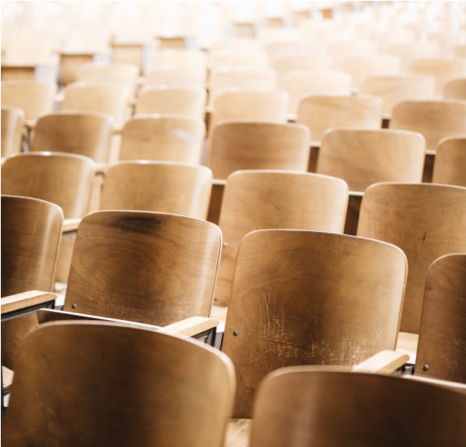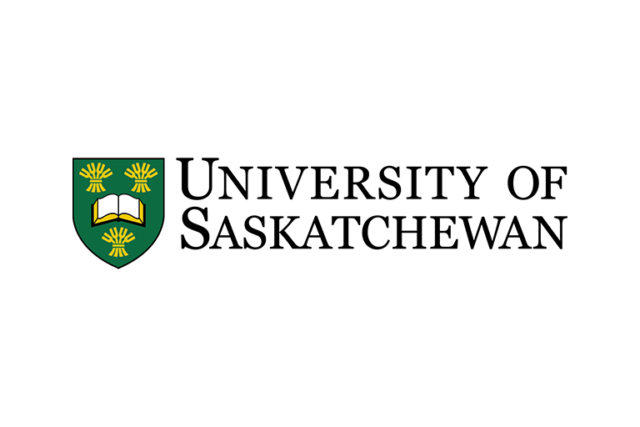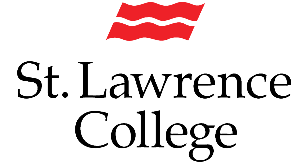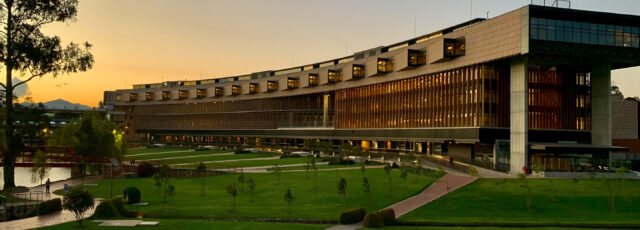
Research & Consulting for Higher Education
Canadian Higher Ed's Most Trusted Partner
Two decades. Over 100 client institutions.
We're here to help Canadian higher ed move forward.
We're here to help Canadian higher ed move forward.
Our Work
Let's Solve it Together
Postsecondary education is a sector dedicated to the pursuit of knowledge, so questions are no stranger to sector professionals. Answers, however, can be hard to find without a little outside help. That's where we come in.
Research
The data insights you need to form a foundation for your next program, plan, or decision.
Consulting
Expert guidance to help you understand your current situation, form your next evidence-based plan, and achieve your goals.
Hear From Our Past Clients
View Case Studies
Read the latest edition of…
Today's Top Ten
April 26, 2024
SIIT receives $17M investment toward aerospace training program
Fleming suspends 29 programs, cites international student cap
McGill shares plans for old Royal Victoria Hospital
Many parents prioritize their child’s postsecondary education over own financial health: Survey
NWP to launch Agriculture Operations diploma
Dal, AFNWA partner to support clean drinking water, water treatment
Aurora, BGC Engineering partner to improve safety, reliability of transportation in the North
How to craft recommendation letters that honour candidates, recognize writing demands: Opinion
UPEI student raises concerns about on-campus accessibility
Lambton opens two new labs at Sarnia campus
Indigenous Top 10
April 17, 2024
BC implements legislation to recognize, better support First Nations-mandated institutes
Canada Budget 2024 includes funding for culture, language, education
Makigiaqta, NCC partner to offer construction training for Inuit students
A look at the parallels in attempts to rename Chippewa, Iroquois Ridge schools
NV announces DEAs to be funded on full-time basis, receives report on school condition
UCN, Georgian partner to bring XR Indigenous language tools to UCN
Indigenous student applications rise at BrandonU
STC, SK partner to develop, deliver programming at Saskatoon Correctional Centre
ICC launches ICC Canada Archive
UoGuelph renames science atrium to embrace Indigenous culture

The Perfect Fit.The First Time.
Simplify your hiring process or job search with Canada's leading postsecondary job board.














